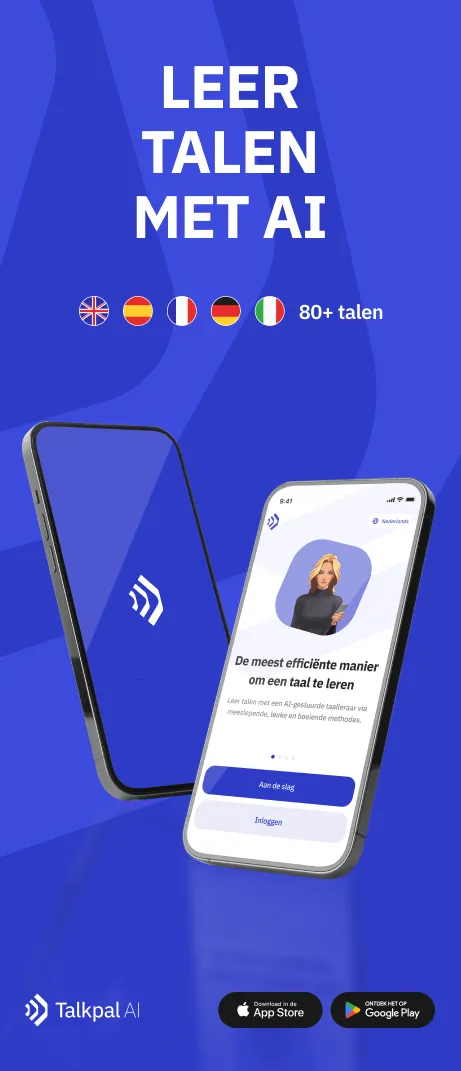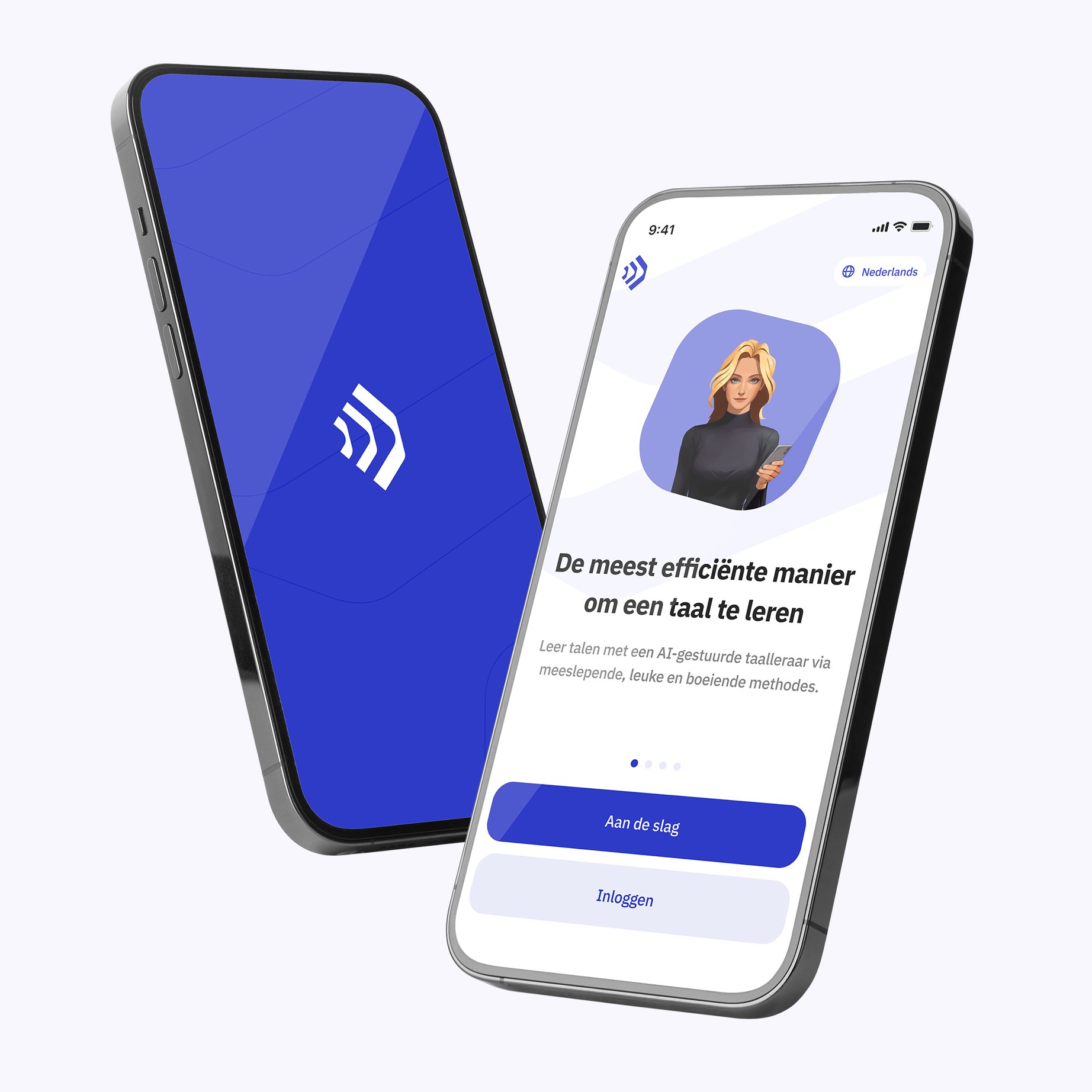In deze oefening zul je de kennis van de Zero Conditional in de Engelse grammatica toepassen. Het doel is om de juiste vorm van het werkwoord in te vullen om zinnen die algemene waarheden of situaties beschrijven te voltooien. Lees de zinnen zorgvuldig en vul de lege plekken in met het juiste werkwoord in de tegenwoordige tijd. Succes!
Oefening 1: Zero Conditional
If you mix red and blue, you get *purple* (color).
When water reaches *0* degrees Celsius, it freezes (temperature).
If you don’t water plants, they *die* (verb).
If you drop an object, it *falls* to the ground (verb).
Whenever you touch fire, you *feel* pain (verb).
If it rains, the grass *grows* faster (verb).
If you cut out sugar from your diet, you *lose* weight (verb).
Whenever the sun goes down, it *gets* dark (verb).
If electricity goes out, the lights *stop* working (verb).
When you press this button, the machine *turns* off (verb).
If you heat ice, it *melts* (verb).
If you cross an international dateline, the date *changes* (verb).
Whenever you multiply a number by zero, the result is *0* (number).
If you speak truthfully, people usually *trust* you (verb).
Returns are accepted if the product is *broken* when it arrives (condition).
Oefening 2: Zero Conditional
If you push something, it *moves* (verb).
When iron is exposed to moisture, it *rusts* (verb).
If plants receive enough sunlight, they *thrive* (verb).
Whenever you cook with butter, food *tastes* richer (verb).
If you don’t charge your phone, it eventually *dies* (verb).
If you mix ammonia and bleach, it creates a dangerous *gas* (compound).
When prices go down, demand *increases* usually (verb).
Whenever the wind blows, leaves *rustle* (verb).
If an item is on sale, more people *buy* it (verb).
When kittens are born, they are *blind* for some time (adjective).
If water stays still, it *becomes* stagnant (verb).
If you give plants too much fertilizer, they *die* (verb).
When the Earth rotates, we experience *day* and night (noun).
If you save money, you can build a *savings* account (noun).
Whenever there’s a power failure, candles *come* in handy (verb).










